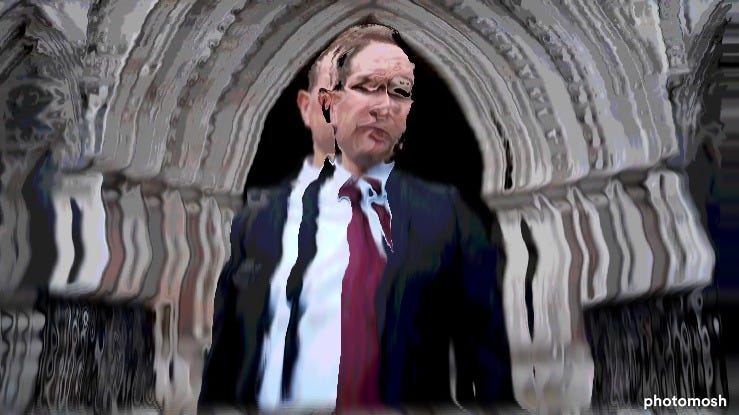LIBOR Scammer Tom Hayes and SBF: What makes a Financial Sociopath?
Some people truly can't process that what they've done is a crime.
By far the most fascinating and impenetrable part of the Sam Bankman-Fried story is his continued insistence on his own innocence. Sometimes it seems a conscious, if ill-conceived, legal or PR strategy; at other times it seems a familiar self-delusion, the last defense against difficult truths. But at still other moments, the ones I find most fascinating, SBF’s behavior is so self-destructive that he seems to genuinely, deeply not understand that what he has done is a crime.
My singular goal in unravelling this tangle is to understand SBF’s strange and dangerous mind, in hopes of understanding the many threats that people like him pose to a just and fair society. I’ve tried to trace SBF’s unspoken self-rationalization for “borrowing” $8 billion in customer assets, which to me seems to hinge on the premise that because he was theoretically maximizing “expected value,” he did nothing ethically wrong according to the tenets of utilitarianism and Effective Altruism (see “The Kwisatz Haderach Who Failed”).
But one example doesn’t make for a very good general theory. So I’m excited to have discovered another financial criminal subject to this exact kind of extreme, almost incomprehensible delusion and denial.

That person is Tom Hayes, a UBS and Citibank trader who in 2015 was sentenced to 14 years in prison in the U.K. (later reduced to 11) for masterminding and driving a far-reaching effort to manipulate the London Inter-Bank Offered Rate, or LIBOR.
(A third possible example, for a later time, is Kyle Davies of Three Arrows Capital)
Hayes may be a preview of what happens to SBF next – and it’s a very sad foreshadowing. Hayes was released from prison in 2021, after serving 5.5 years. He’s had nearly a decade to reflect on his actions and their consequences. And, in a preview of what I think we can safely expect from SBF, Hayes still seems to sincerely believe he did nothing wrong, and that his actions had no victims.
I know that because he told me so last month, in my replies on Twitter.
I was discussing SBF recently with a friend who has been in finance for decades, and he told me that he’s run into people of this sort before. There are simply some individuals, he said, who can’t absorb the basic idea that finance impacts people’s real lives, and so is subject to the same moral standards as other aspects of human society.
My friend estimated that 5-10% of the people he’d interacted with over a long career in banking suffered from this moral blindness – saw money and trading as somehow separate from human morality.
He referred to people like this as “financial sociopaths,” and that seems to capture a great deal of both Tom Hayes and Sam Bankman-Fried’s fundamental nature.
Soundtrack: James Blake – Digital Lion
The Many Delusions of Tom Hayes
My understanding of Tom Hayes comes primarily from David Enrich’s The Spider Network. Enrich, currently at the New York Times and formerly at the Wall Street Journal, seems to have talked to nearly everyone close to the story, and came away with not just a detailed timeline of events, but deep insights into how Hayes acted towards those around him, and how he was perceived.
The following is a small anecdote from Enrich that helps drive home how hard it was for Hayes to understand what he had done.
Keep reading with a 7-day free trial
Subscribe to Dark Markets to keep reading this post and get 7 days of free access to the full post archives.




